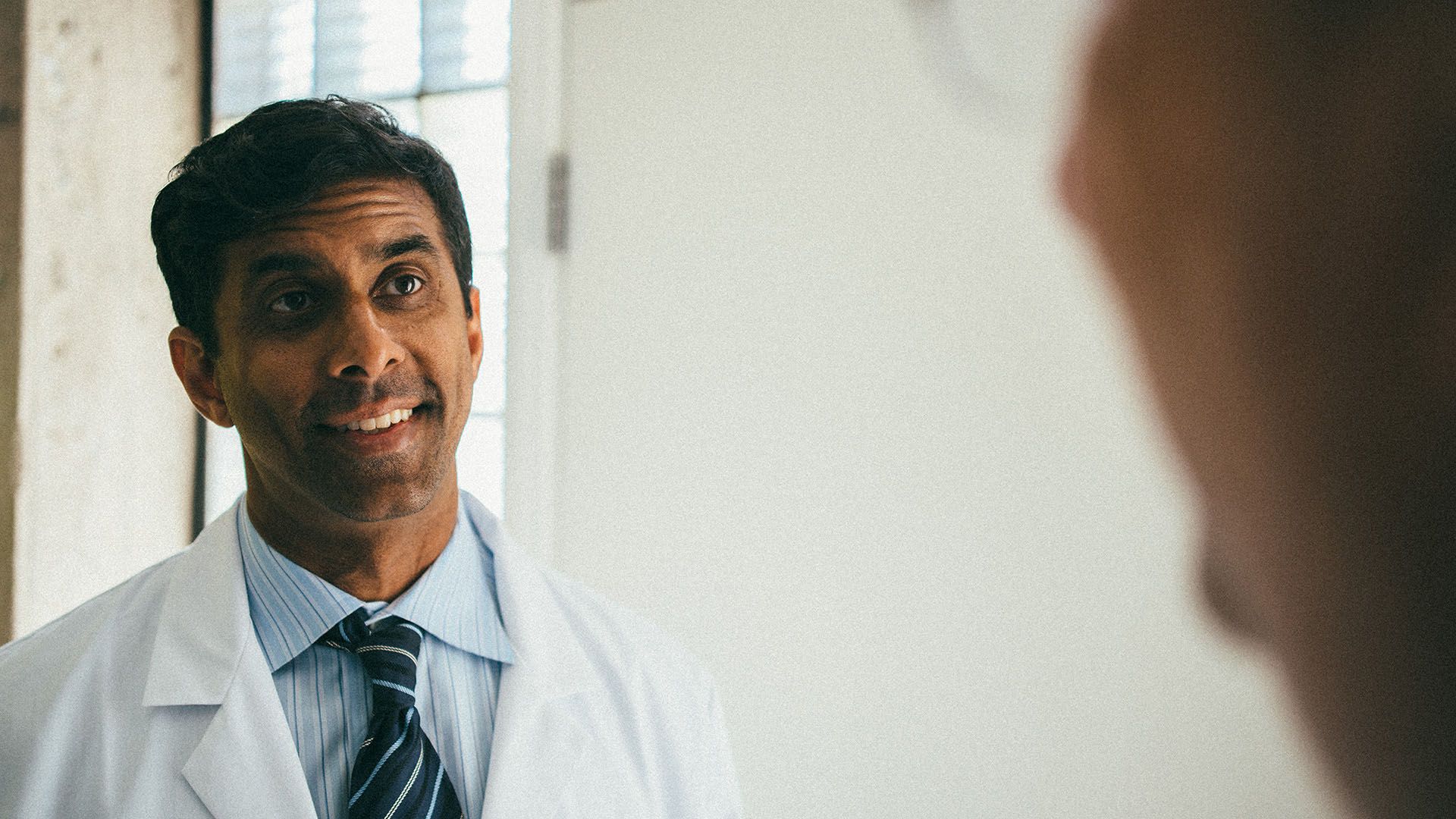

When should I talk to my doctor about prostate cancer?
Prostate cancer is the most common cancer in men over 45. It tends to start slow and often goes unnoticed for years.
The older you get, the more you are at risk – and some men are at greater risk than others even though they're the same age (we’ll get to that a bit later).
All that means: at some point you’ll need to start talking to your doctor about prostate cancer.
So, when is that? And what should you do?
Here’s what you need to know.
When should I talk to my doctor about prostate cancer?
If you have a prostate, then there are two situations when you need to start talking to your doctor about prostate cancer. They are:
- If you’re at risk of prostate cancer. A great time to do this is during your annual check-up.
- If you’ve noticed any signs or symptoms. These could be a sign of prostate cancer.
Ask about prostate cancer during your annual check-up
This one’s a no-brainer. During your annual check-up, ask your doctor about prostate cancer.
Your risk increases with age, so as a general rule, you should start those conversations if any of the following apply to you:
- When you’re 50. Your risk of prostate cancer increases as you get older.
- When you’re 40 if you’re Black or have African ancestry. For a bunch of reasons, many of which are still being studied, Black men are at greater risk of a prostate cancer diagnosis.
- When you’re 40 if there’s a family history of prostate cancer and other cancers. Your risk increases if you’ve got a father, brother or uncle who had prostate cancer. You may also be at a higher risk of getting prostate cancer if you have a mother or sister that had breast cancer and/or ovarian cancer.
During your check-up, your doctor may recommend some tests. We’ll cover these below. Your doctor will then advise on what to do next.
Remember: prostate cancer often grows slowly. Many men with prostate cancer do not notice anything during its early stages. It’s why you need to take active steps once you reach a certain age – so talk to your doctor and don’t put it off.
See your doctor if you’ve noticed symptoms
This is the other time you need to talk to your doctor. If you notice any symptoms that could indicate prostate cancer, it’s important to get yourself checked – as soon as you can.
Common signs and symptoms to look out for include:
- You’ve got trouble urinating. You might have a weak urine flow. You might need to go more often than usual (frequency); have trouble starting (hesitancy); need to go to the toilet very quickly (urgency); or you’re straining or have to get up many times at night (called nocturia).
- You have trouble fully emptying your bladder. You feel like your bladder isn’t fully empty after you’ve peed. Or, there’s excessive ‘dribbling’ when you’ve finished.
- You notice pain or burning when urinating. This could be noticeable pain, a burning sensation, or discomfort before, during or after urination.
- Aches and pains in your lower back or hips.
- Difficulty getting or maintaining an erection.
- There’s blood in your pee or semen. Either could be related to other medical conditions, so it’s best to check in with your doctor right way if this happens.
These symptoms do not automatically mean you’ve got prostate cancer. In fact, there are several conditions that affect the prostate and are not cancer (but which are definitely not pleasant).
So, if you’ve got symptoms, it’s high time to get yourself checked.
What happens when you talk to your doctor about prostate cancer symptoms?
So, you’ve decided to talk to your doc about prostate cancer.
Nice one. Here’s what to do next.
Do your homework. Make sure your doctor knows about relevant family medical history. This is super important if you have a brother, father or uncle with prostate cancer. It's also important if you’ve had a mother or sister with breast or ovarian cancer. While you’re at it, take some time to read up about the prostate and what it does.
Be mindful that, while there are masses of helpful information available online, there’s also a lot of misinformation. So, get your facts from reliable sources – like True North, Movember’s dedicated online resource for prostate cancer.
Be 100% upfront about any signs and symptoms. Your doctor is a trusted expert who deals with this kind of thing all day. So don’t hold back. Got concerns when you’re peeing? Noticed something isn’t right during sex? Let your doc know. They’ll figure out what needs more attention.
Be prepared to take tests then and now. If your doctor recommends you take a test during your appointment, then roll with it. If you’ve got the means, there is zero reason to put it off. The sooner you take a test that’s recommended by your doctor, the better.
What kind of tests will I do?
Your doctor will ask about all sorts of things: how you’ve been feeling, your family history, signs or symptoms, and any concerns you may have. Your doctor will also talk to you about a blood test – specifically a PSA blood test. PSA stands for “prostate specific antigen”. It’s the most common screening method for prostate cancer. It’s a simple blood test that looks at the level of PSA (PSA is a protein in your bloodstream) in your blood sample.
What happens when I get my results?
With a PSA test, your doctor will contact you with your results. You might have to come in for another visit to go over the results, and discuss what further action (if any) is needed.